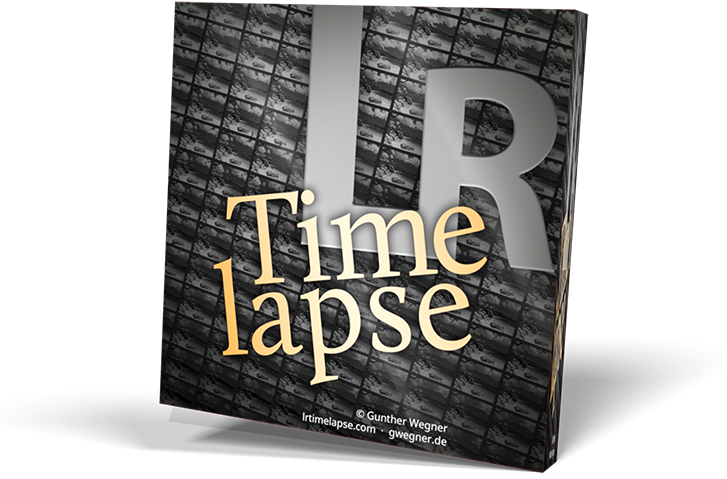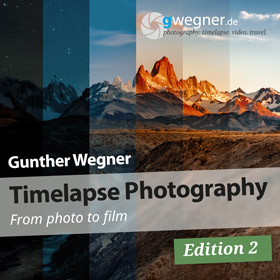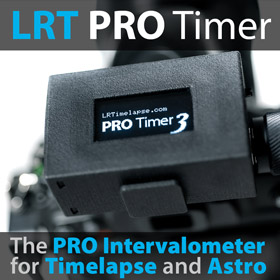Posts: 41
Threads: 15
Joined: Aug 2020
Hi there!
Here's a beginner trying to get out the most of my equipment. I'm mainly interested in day to night timelapses with full moon rise. I use Canon EOS 200D, iPhone Xr, latest qDSLRDashboard and LRT Pro Timer.
I've been reading this forum in order to find the best metering mode to use in my camera, but it's not clear to me. Somewhere I read that it doesn't matter... does it mean that qDSLRDashboard does all the metering? If so, is it better to use the "Region" feature within qDSLRDashboard to evaluate luminosity of a certain area?
I'm currently using the centre-weighted average, since I thought it was the best choice for this purpose. Should I use a different one? Does it really make a difference? What do you guys use?
Thanks in advance and cheers from Spain!
Here's a beginner trying to get out the most of my equipment. I'm mainly interested in day to night timelapses with full moon rise. I use Canon EOS 200D, iPhone Xr, latest qDSLRDashboard and LRT Pro Timer.
I've been reading this forum in order to find the best metering mode to use in my camera, but it's not clear to me. Somewhere I read that it doesn't matter... does it mean that qDSLRDashboard does all the metering? If so, is it better to use the "Region" feature within qDSLRDashboard to evaluate luminosity of a certain area?
I'm currently using the centre-weighted average, since I thought it was the best choice for this purpose. Should I use a different one? Does it really make a difference? What do you guys use?
Thanks in advance and cheers from Spain!
My time lapses at YouTube: https://www.youtube.com/@joaquinagueramusic





